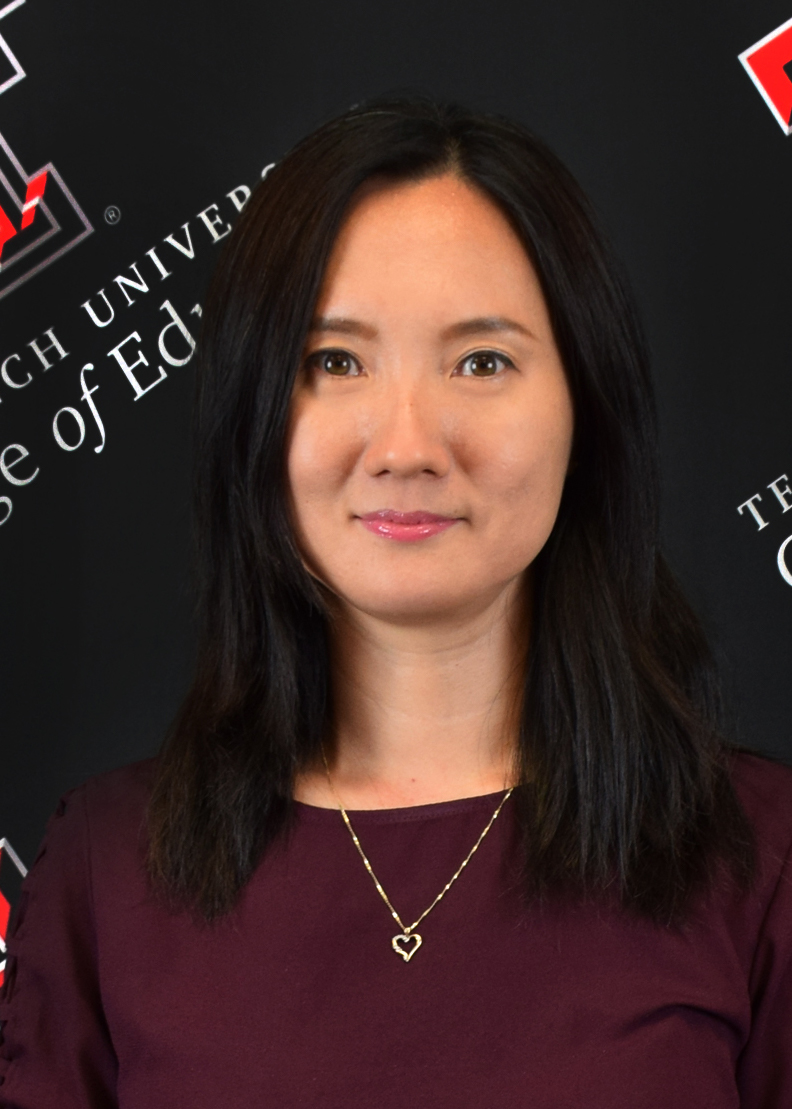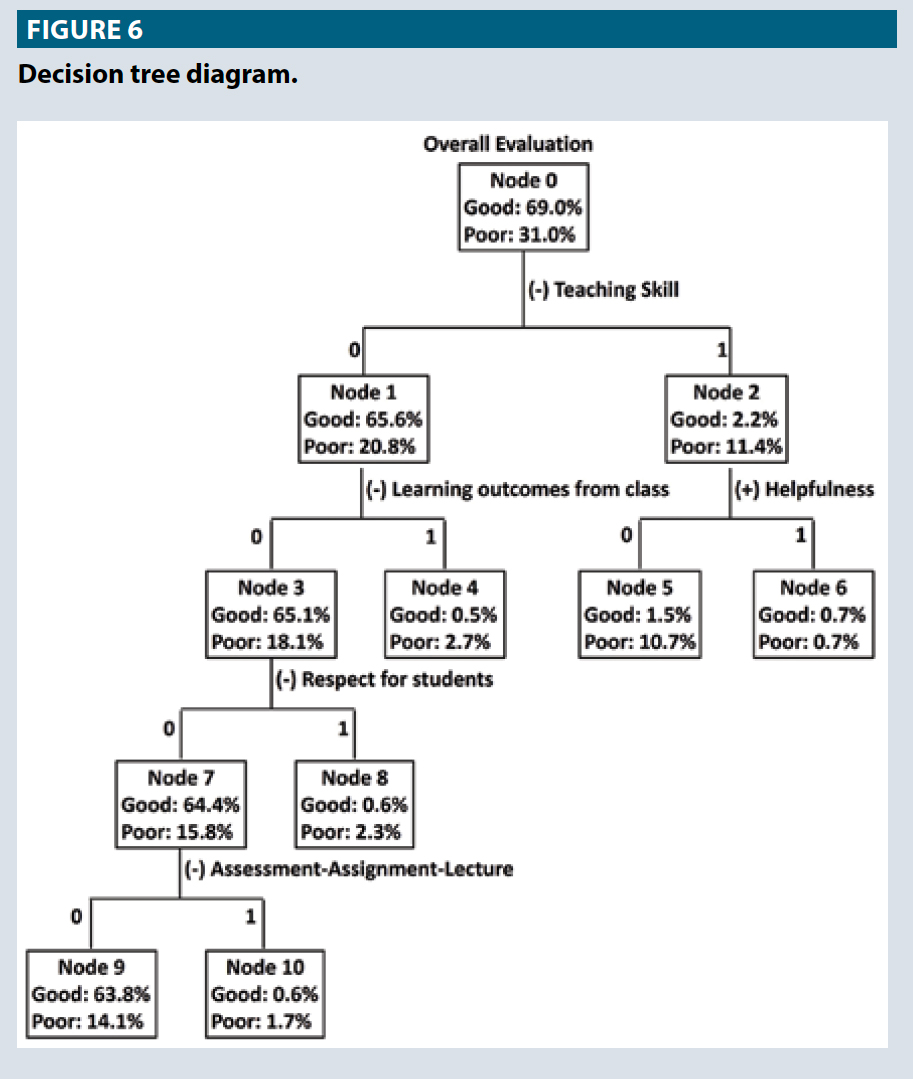
The study of RateMyProfessors.com revealed students most valued teaching skills, a connection of lessons to tests and a positive relationship with their professor.
Assistant Professor Mihwa Park wanted to learn why college students did or didn't like their physics courses.
She turned to RateMyProfessors.com, the popular website that lets students submit anonymous reviews of their professors and rate them as "good," "average" or "poor."
Park, whose research focuses on STEM education, then used text-mining software and decision tree analysis to sort through and make sense of more than 1,500 comments about professors of introductory physics courses. The results allowed her to pinpoint what qualities students valued most in their professor.
Challenging conventional thinking, the data showed that an easy course, large amounts of extra credit or a big grade curve did not guarantee professors a positive RateMyProfessors.com rating. Students actually seemed to enjoy a challenge, with many giving their professor a "good" rating while also commenting that the course was difficult.
A professor's appearance or accent also did not seem to be important factors when students were judging a professor. This finding was especially notable because physics professors are often non-native English speakers.

Instead, the students most valued teaching skills and how professors were able to connect their lessons, assignments and assessments. They also valued a relationship with their professor in which there was respect and a willingness on behalf of the teacher to help.
"Students are actually enjoying a challenge in the classroom," Park said. "They want to learn something new, even though it is difficult. At the same time, they want to be fairly assessed on what they learned and studied, and they want to have a relationship with the professor."
Park's findings were featured under the title "What's Important: An Explanator Analysis of Student Evaluations About Physics Professors on RateMyProfessors.com" in the Journal of College Science Teaching, a peer-reviewed publication of the National Science Teachers Association.
Park said she found the emphasis on student-professor relationships surprising because introductory physics courses tend to take place in large lecture halls that seat hundreds of students. Such spaces tend to make it harder for personal interaction. But Park pointed to interactions outside of the classroom, such as emailing or holding office hours.
"If a professor is trying to help students, the students really appreciate it," Park said.
Additionally, professors should not ignore the importance of positive relationships with students because previous studies have shown that student-professor relationships are linked to attitudes toward courses, learning motivation and final grades, Park wrote in her paper.
"If you know what students know, what they don't know, where they are struggling, then you can teach better. I think that comes from building relationships with the students," Park said.
"You don't have to be a friend, but you have to create some opportunities to know about students' learning. In my research, students aren't talking about how the teacher is always nice and always joking. Students are saying that when they need help, the professor always tries to help."

Park, whose research focus includes examining how assessments can be effectively integrated into science instruction, said she was glad to see students were actually valued an alignment of teaching to tests. Students tended to evaluate their professors harshly when they demanded a higher level of performance than the level of the lecture.
"Students were actually complaining that while they studied a lot, the test covered totally new material," Park said. "Or they say, 'He always gives us really easy assignments, but the test is way too hard. There is a big gap I cannot overcome.'"
The students' lack of concern for appearance and accent when judging a professor's quality was shocking to some physics instructors who have heard her present her paper, Park said.
"Some think that a handsome or good-looking professor will always get a good rating, but appearance is not actually important," Park said. "It is personality that is more important."
Another small surprise was finding that positive comments from students outnumbered negative comments by about two to one. This suggests that RateMyProfessors.com is not simply a place where disgruntled students go to anonymously air complaints.
So has Park looked at her own RateMyProfessors.com rating?
Well, she doesn't actually have any reviews yet. She mostly teaches graduate students while the site tends to be dominated by undergraduate students. In the meantime, her research hasn't made her any less nervous.
"I'm scared what they are going to say!" Park said.
